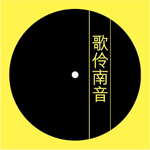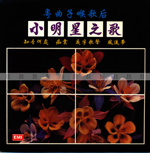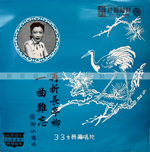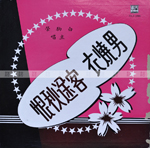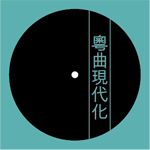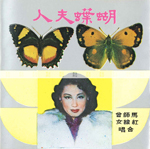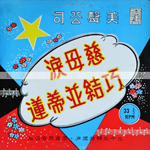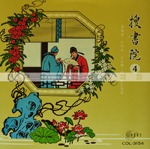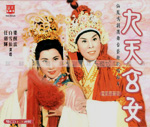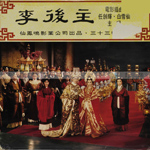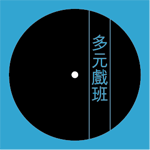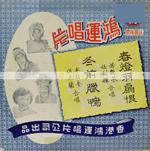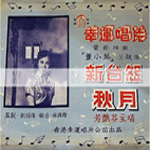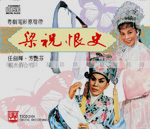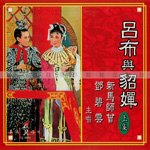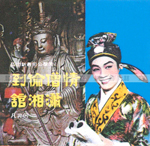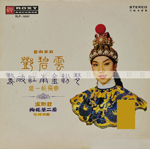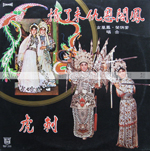Since the early twentieth century, Hong Kong has always been an important venue for Cantonese opera development. After 1949, as a result of political turmoil in the Mainland, performers and troupes converged and resettled in the territory, leading to a tremendous prospering of Cantonese opera in the subsequent decade. This development is linked intimately with the rise of the electronic media.
Performers and troupes began to grasp the possibilities offered by film and radio to re-examine age-old performance practices with regard to acting, singing, script writing, instrumentation, and stage set-up. They brought in novel elements from the theatre and movie world, and participated in the production of films and records. With these acts, they are extending the movement to modernize Cantonese opera that began in the 1930s.
Wong Jum-sum was thoroughly immersed in the world of Cantonese opera from young. Through his close encounter with master performers like Hung Sin-nui, Ma Si-tsang, Yam Kim-fai, Pak Suet-sin and Tong Dik-sang, he witnessed first hand the modernization of Cantonese opera, and was mightily moved by the adventure and passion he saw.
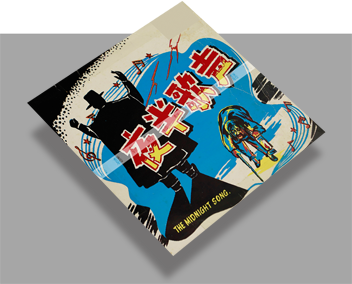

作曲:冼星海
作詞:田漢
主唱:盛家倫
空庭飛著流螢
高臺走著狸生
人兒伴著孤燈
梆兒敲著三更
風淒淒
雨淋淋
花亂落
葉飄零
在這漫漫的黑夜裏
誰同我等待著天明
誰同我等待著天明
我形兒是鬼似的猙獰
心兒是鐵似的堅貞
我只要一息尚存
誓和那封建的魔王抗爭
啊!姑娘
只有你的眼
能看破我的平生
只有你的心
能理解我的衷情
你是天上的月
我是那月邊的寒星
你是山上的樹
我是那樹上的枯藤
你是池中的水
我是那水上的浮萍
不!姑娘
我願意永做墳墓裏的人
埋掉世上的浮名
我願意學那刑余的史臣
盡寫出人間的不平
哦!姑娘啊
天昏昏
地冥冥
用什麼來表我的忿怒
惟有那江濤的奔騰
用什麼來慰你的寂寞
惟有這夜半歌聲
惟有這夜半歌聲
